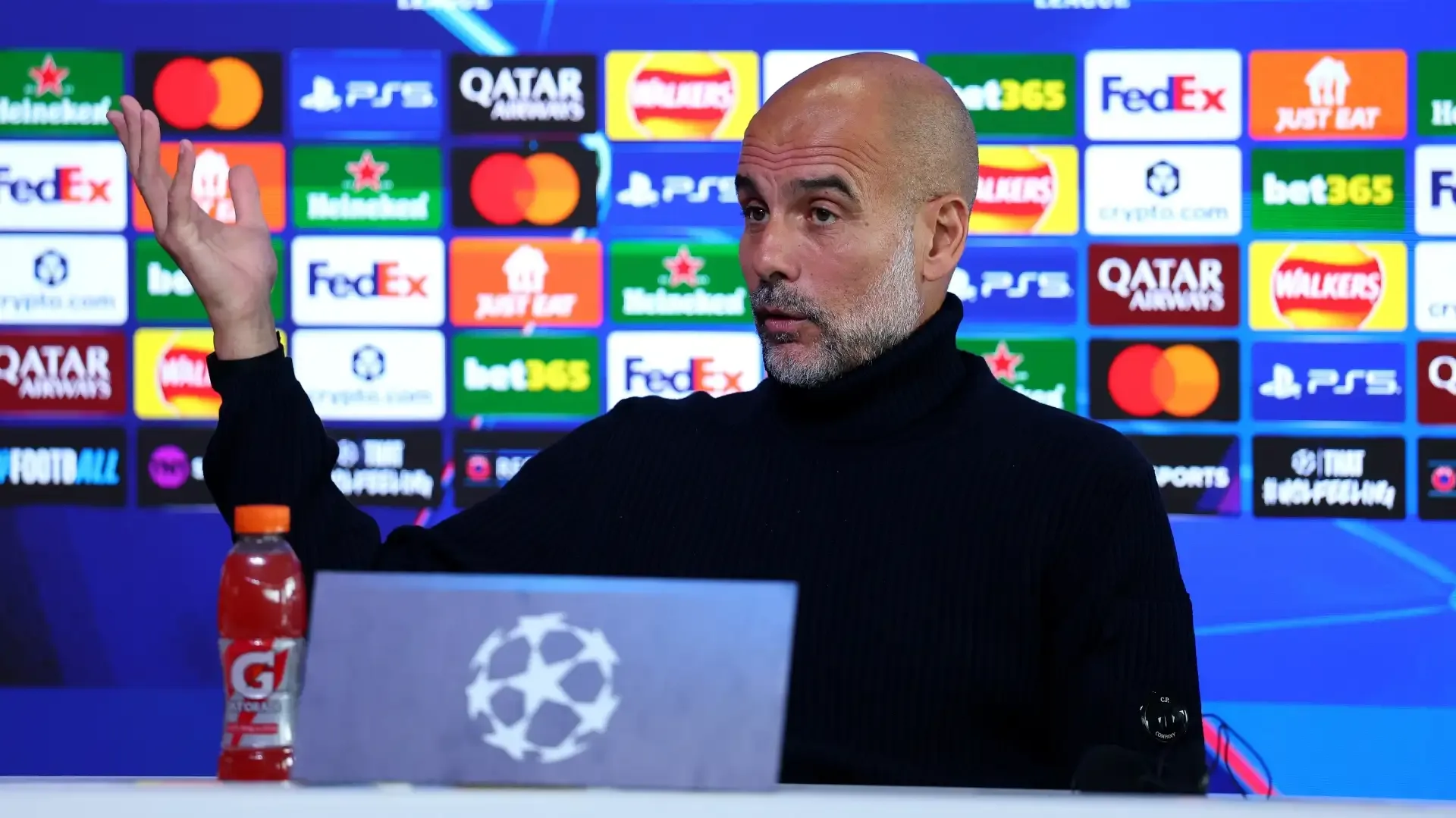
As Manchester City prepares to face Napoli in the Champions League group stage, manager Pep Guardiola addressed the media in an interview with Camel Live, revisiting his time at Brescia and the 2001/02 doping controversy that stained his career.
"Working under manager Carlo Mazzone at Brescia was an honor," Guardiola reflected. “He taught me so much and stood by me during difficult times. When I arrived in Italy, all foreign players that season were accused of doping. The real issue was a sports center in Milan that contaminated everyone—we were just caught in the crossfire.”
"After seven years, I was acquitted," he added. “Maybe one day the FIGC will apologize, but deep down, I know it will never happen...”
The saga began in 2001/02, Guardiola’s debut Serie A season with Brescia. Doping tests following two matches—against Piacenza (October 21, 2001) and Lazio (November 4, 2001)—returned positive for 19-norandrosterone (nandrolone) . He was suspended for four months and, in 2005, handed a seven-month suspended prison sentence in the first instance .
However, subsequent investigations revealed the tests were baseless. In October 2007, the Brescia Court of Appeal overturned the verdict, ruling Guardiola "completely acquitted due to the absence of facts" . The Italian Olympic Committee (CONI) later reopened the case but ultimately upheld his innocence .
The scandal highlighted systemic flaws in Italy’s anti-doping protocols at the time, with multiple players—including Edgar Davids and Frank de Boer—falsely accused of nandrolone use during this period . Guardiola’s legal battle spanned eight years, finally culminating in a full exoneration that restored his reputation .
Today, the incident remains a haunting footnote in Guardiola’s career, underscoring the challenges athletes face in proving innocence amid flawed testing systems. While the FIGC has never formally apologized, Guardiola’s acquittal stands as a testament to his perseverance—and a cautionary tale of justice delayed.




